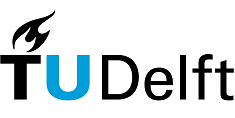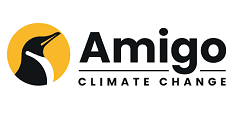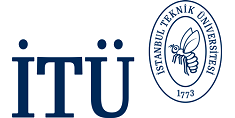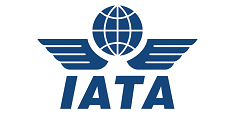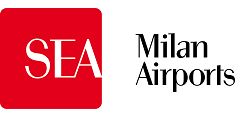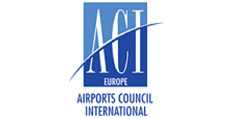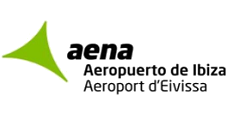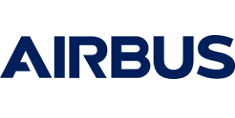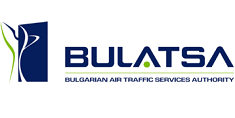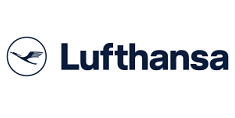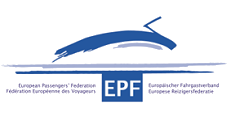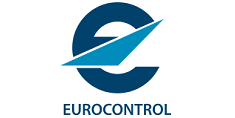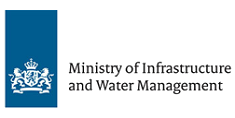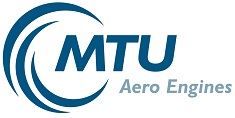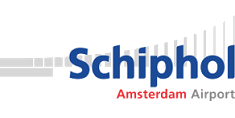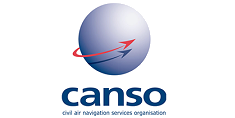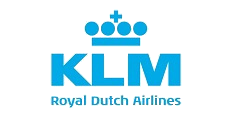
Consortium
Our Consortium is composed of eight partners from different backgrounds that share one ambition: to tackle climate change and mitigate the climate impact of aviation. Each partner brings to the table its remarkable experience in the R&I sector, which ClimOP will employ to create a broader knowledge of aviation operations. The value created by the collaboration among partners will play a pivotal role to reduce aviation emissions and achieve a greener, more sustainable aviation sector.
Advisory Board
The Advisory Board of ClimOP aims to involve a large number of stakeholders to steer the R&D activities of the project. For this reason, it comprises a variety of members like policymakers, academy and industry representatives, airlines, aircraft and engine manufacturers, Airport Management companies, and category associations. The Advisory Board points to represent an exhaustive spectrum of stakeholders’ needs. ClimOP will involve the board in a set of activities such as meetings, surveys and workshops to validate the project outcomes.
Sister Projects
ClimOP is part of a research program together with three similar EU-funded projects: ACACIA, GreAT and ALTERNATE. Although each of them addresses it by focusing on different aspects of the aviation sector, these projects share with ClimOP the same purpose: reducing the climate impact of aviation, for a greener and more sustainable aviation. Therefore, this network aims to create synergies that will boost the impact of each project.
Consortium
The Consortium of our project consists of eight partners with different backgrounds but the same intention: to help tackle climate change and mitigate the climate impact of aviation. Each partner brings to the table its remarkable experience and its proven accomplishments in the R&I sector. Thus, ClimOP will take advantage of a broader knowledge of the aviation operations, and employ it to reduce aviation emissions and achieve a greener, more sustainable aviation sector.
Advisory Board
Our Advisory Board aims to involve a large number of stakeholders to steer the R&D activities of the project. For this reason, it comprises a variety of members like policymakers, academy and industry representatives, airlines, aircraft and engine manufacturers, Airport Management companies, and category associations. The Advisory Board points to represent an exhaustive spectrum of stakeholders’ needs. ClimOP will involve the board in a set of activities such as meetings, surveys and workshops to validate the project outcomes.
Sister Projects
ClimOP is part of a research program together with three similar EU-funded projects: ACACIA, GreAT and ALTERNATE. Although each of them addresses it by focusing on different aspects of the aviation sector, these projects share with ClimOP the same purpose: reducing the climate impact of aviation, for a greener and more sustainable aviation. Therefore, this network aims to create synergies that will boost the impact of each project.

ClimOP aims to identify which aspects of aviation operations can be implemented to reduce the climate impact of the industry, in accordance with the FlighPath 2050 goals.



